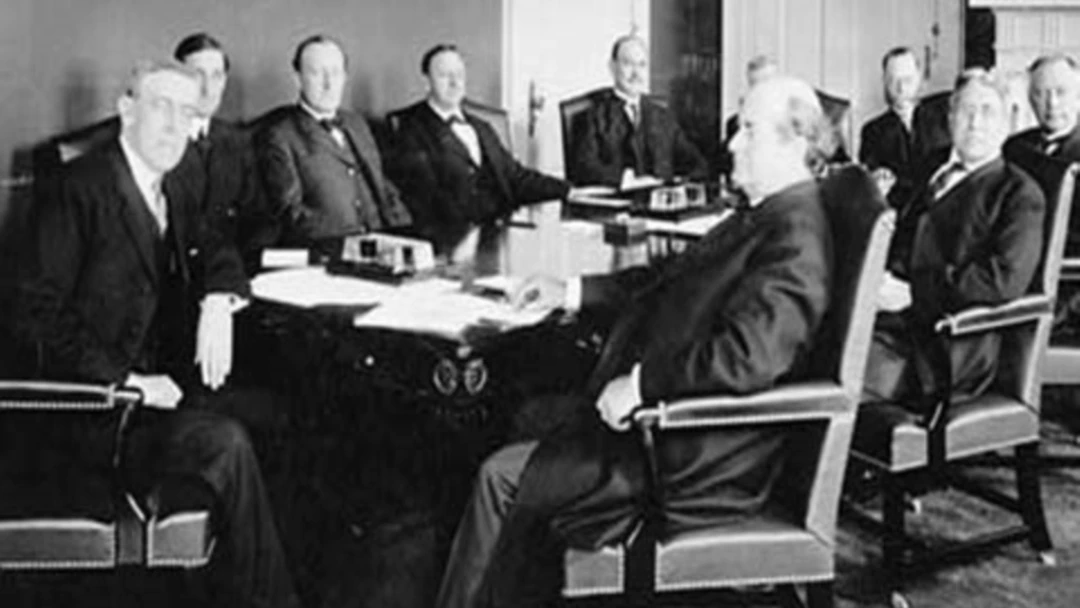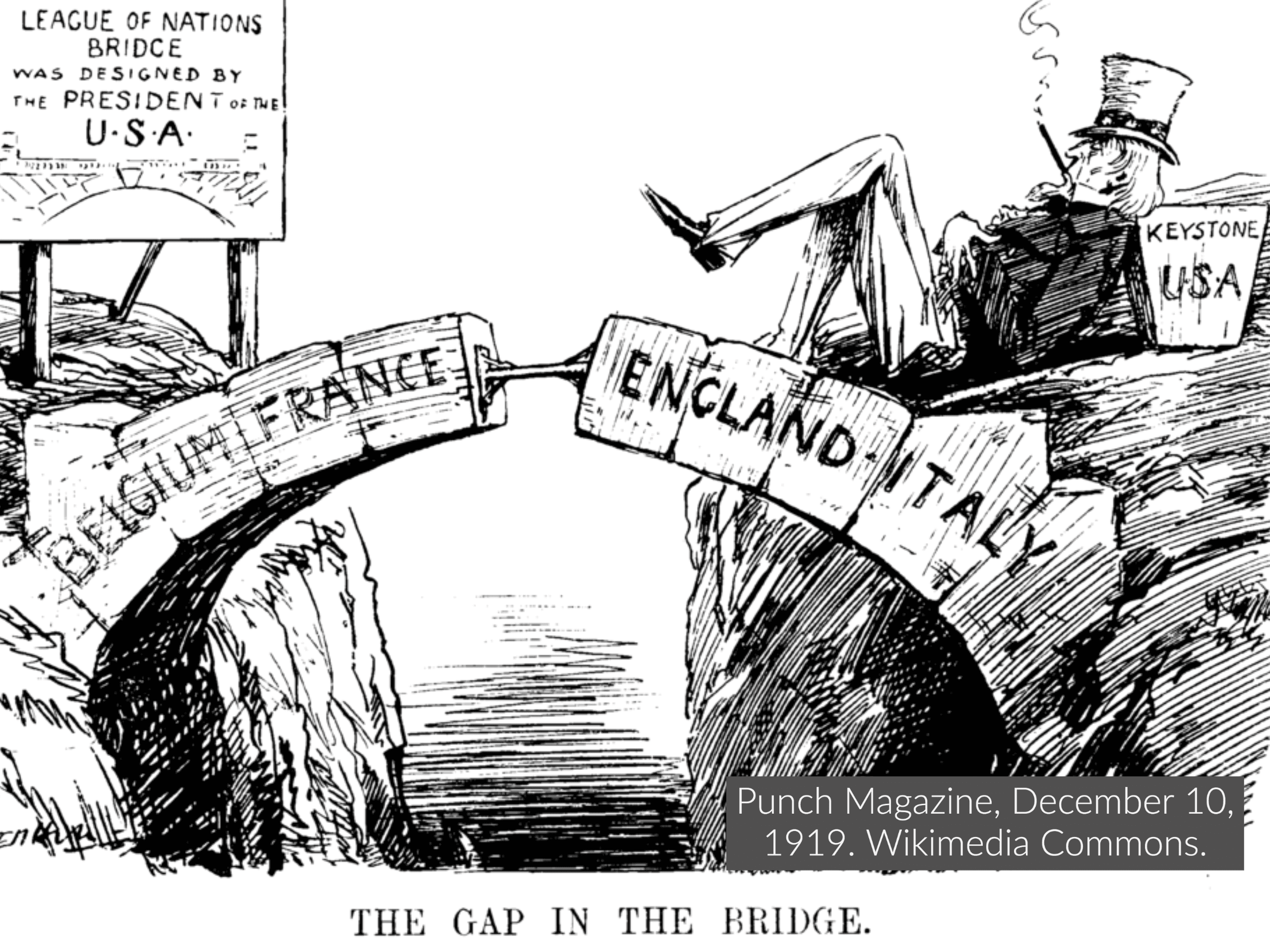Browse By Unit
8.4 Versailles Conference and Peace Settlement
3 min read•june 18, 2024
Bretnea Turner
Isabela Padilha
Bretnea Turner
Isabela Padilha
Paris Peace Conference
The Paris Peace Conference was held between Janueary and June of 1919 and aimed to symbolize the end of WWI. However, it failed at that by imposing agreements that were considered unjust and harsh to punished countries. This Diplomatic Idealism pushed particular agendas over others, ultimately failing to exercise real diplomacy,

Each of the members of the conference entered negotiations with their own agendas. The lack of a productive agreement between these nations laid the groundwork for World War II. In the table below you should notice the ideal outcomes of each nation through this agreement, and the wide interest to punish Germany.
| Great Britain 🇬🇧 |
|
| France 🇫🇷 |
|
| United States 🇺🇸 |
|
| Italy 🇮🇹 |
|
| Germany 🇩🇪 |
|
Paris Peace Treaty / Treaty of Versailles 1919
President Woodrow Wilson of the United States sought to end the war with peace. He feared that allowing a victor would create a future rivalry and more conflict. This idealism clashed with the very real wounds of WWI that France, Britain, and other European nations experienced. France sought the harshest of punishments against Germany to seek revenge for the Franco-Prussian War and the Moroccan Crisis in addition to the damages from WWI. Ultimately, France and Britain accepted most of the moderate terms in Wilson’s 14 Points. They, however, ensured Germany would pay severe war reparations, no longer ally with Austria-Hungary, and cut their military forces drastically.
These conditions, specifically crippling reparations, helped plunge Germany into hyperinflation. This kept the Weimar Republic in Germany from stabilizing and they were overthrown. In addition, the mandate system gave the territories of the defeated states to others, causing a great power imbalance. Territories previously owned by Germany were mandated to France and Great Britain. Some of these mandate territories include Syria, Lebanon, Iraq and Palestine.
Additionally, the United States does not agree to its own idea of the League of Nations, effectively rendering it with no viable military force and no funding.

<< Hide Menu
8.4 Versailles Conference and Peace Settlement
3 min read•june 18, 2024
Bretnea Turner
Isabela Padilha
Bretnea Turner
Isabela Padilha
Paris Peace Conference
The Paris Peace Conference was held between Janueary and June of 1919 and aimed to symbolize the end of WWI. However, it failed at that by imposing agreements that were considered unjust and harsh to punished countries. This Diplomatic Idealism pushed particular agendas over others, ultimately failing to exercise real diplomacy,

Each of the members of the conference entered negotiations with their own agendas. The lack of a productive agreement between these nations laid the groundwork for World War II. In the table below you should notice the ideal outcomes of each nation through this agreement, and the wide interest to punish Germany.
| Great Britain 🇬🇧 |
|
| France 🇫🇷 |
|
| United States 🇺🇸 |
|
| Italy 🇮🇹 |
|
| Germany 🇩🇪 |
|
Paris Peace Treaty / Treaty of Versailles 1919
President Woodrow Wilson of the United States sought to end the war with peace. He feared that allowing a victor would create a future rivalry and more conflict. This idealism clashed with the very real wounds of WWI that France, Britain, and other European nations experienced. France sought the harshest of punishments against Germany to seek revenge for the Franco-Prussian War and the Moroccan Crisis in addition to the damages from WWI. Ultimately, France and Britain accepted most of the moderate terms in Wilson’s 14 Points. They, however, ensured Germany would pay severe war reparations, no longer ally with Austria-Hungary, and cut their military forces drastically.
These conditions, specifically crippling reparations, helped plunge Germany into hyperinflation. This kept the Weimar Republic in Germany from stabilizing and they were overthrown. In addition, the mandate system gave the territories of the defeated states to others, causing a great power imbalance. Territories previously owned by Germany were mandated to France and Great Britain. Some of these mandate territories include Syria, Lebanon, Iraq and Palestine.
Additionally, the United States does not agree to its own idea of the League of Nations, effectively rendering it with no viable military force and no funding.


© 2024 Fiveable Inc. All rights reserved.